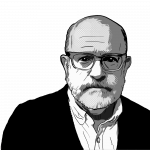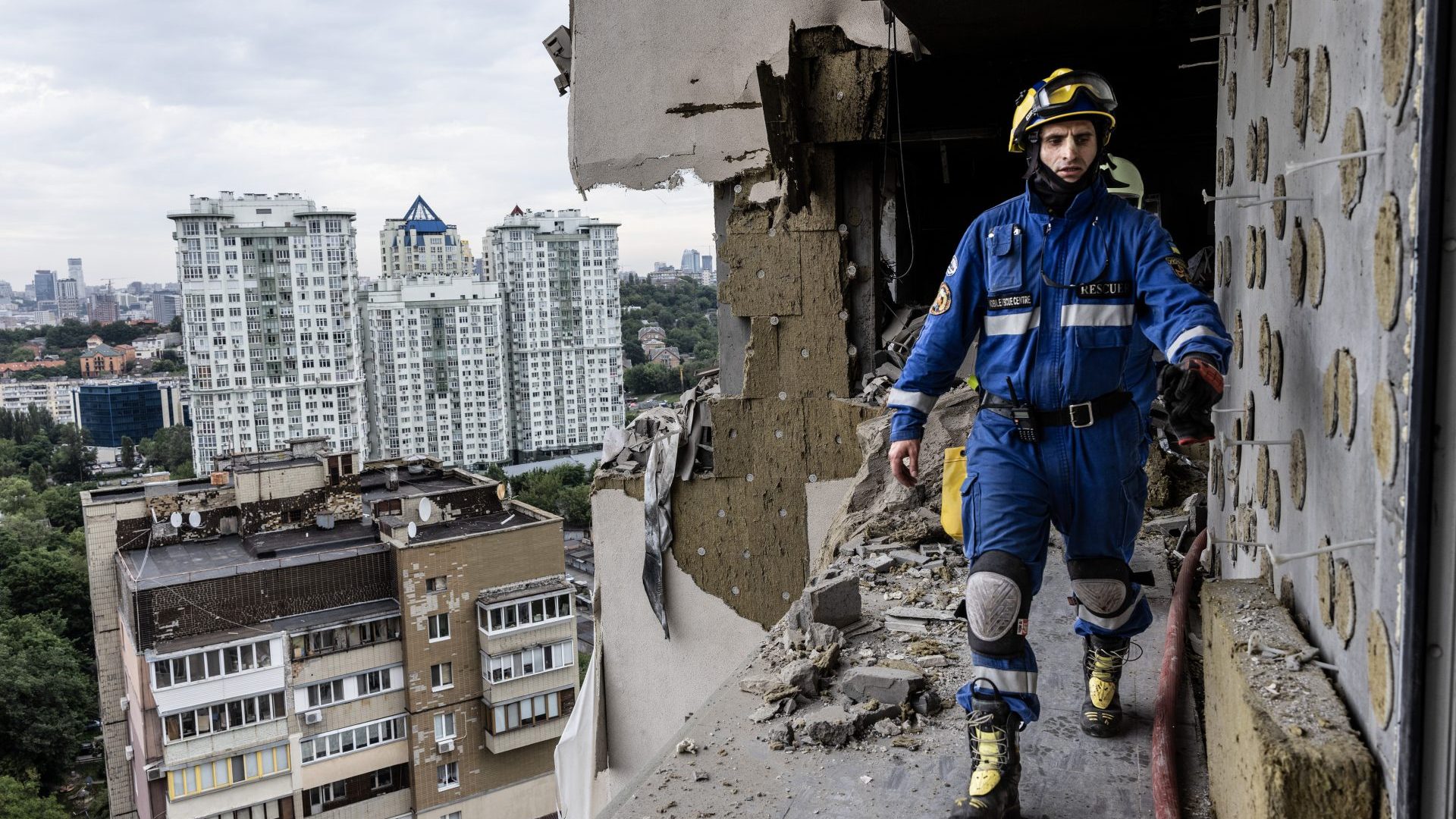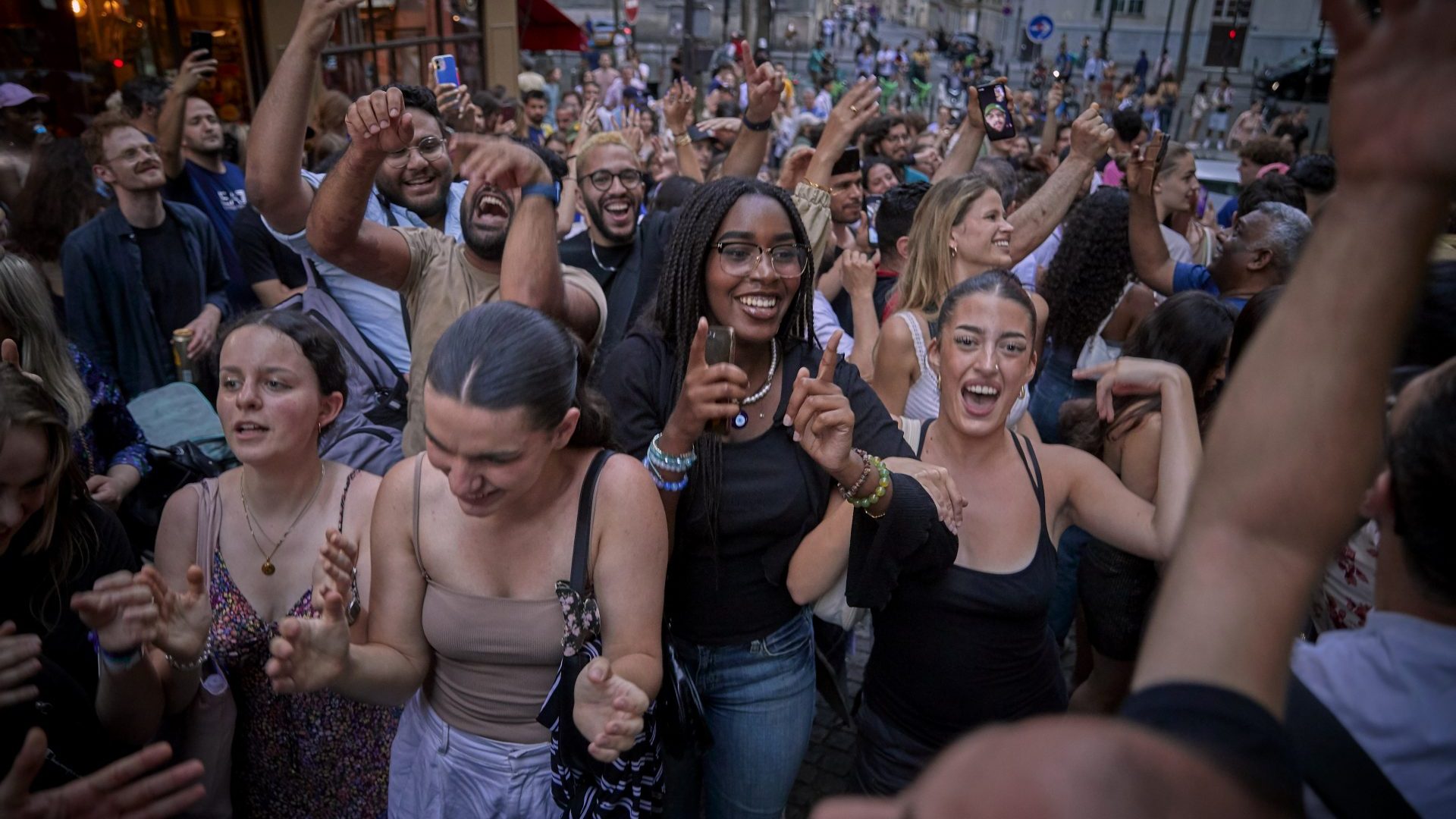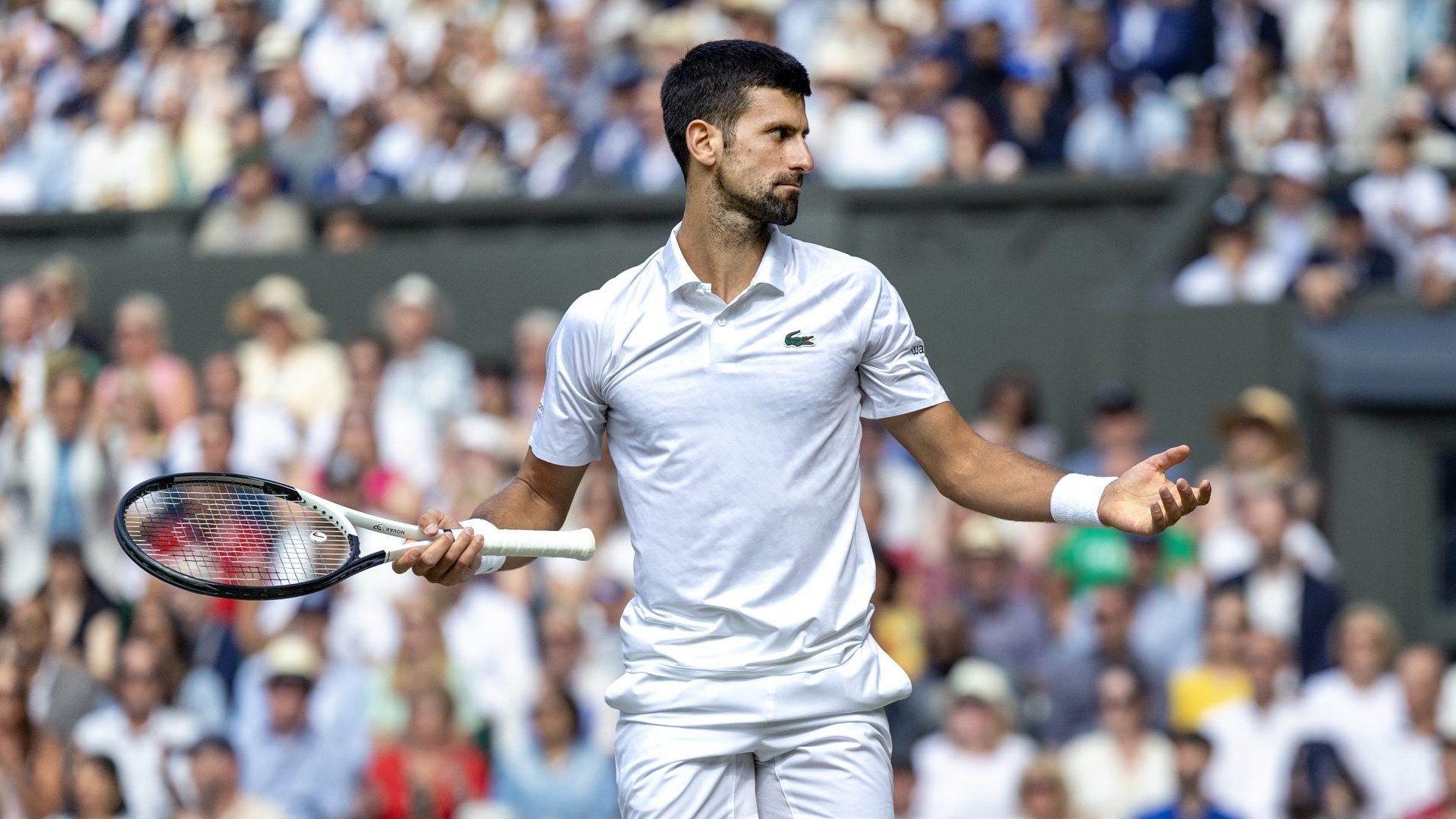Kyiv is known as Rocketville nowadays, on account of the amount of elderly Russian ironmongery they throw at us. I arrive in the Big K after a pig of a journey, trains clattering from Kraków. A Spanish journalist from El País moans about how he flew into Kyiv’s Boryspil airport on February 23 last year only to discover that his luggage had gone missing. The airport staff said they’d send it on the next day. Then the big war starts… and the Spanish guy wears the same pair of pants for 25 days. “Now that, Mr Putin, is a war crime.”
On cue, we laugh, order more red, knowing that all bars must close at 10pm, knowing that Ukrainian air defence might be in for a bad night.
Dima arrives with a female reporter from Lebanon. “East or West Beirut?” I ask. She shakes her head. “Druze?” Yes, she says.
Dima and I hug. He’s my number one war fixer, a big, softly-spoken lad and a great driver. I’ve met his dad, who fought in Afghanistan when he was a young Soviet Ukrainian paratrooper. The moment dad found out that I had been to Kabul – in 2001 – he cracked open the heavy-duty moonshine and I was in a walking coma for three days straight.
Two weeks ago, Dima drove three Colombian journalists to the Donbas front along with their guide, the Ukrainian novelist and poet Victoria Amelina. After a day at the sharp end, they retreated to Kramatorsk, about 30 miles from Bakhmut. They went to the Ria pizza restaurant, sat on the terrace, ordered food and drinks and then a Russian cruise missile dropped by, killing a dozen people, including two 14-year-old twins, and mortally injuring Victoria. She died of her head wounds a few days later. Dima’s car was a write-off. He’s unscathed and, psychologically, OK. For now.
Ben Wallace is a great friend of Ukraine, a good secretary of state and a good man. But when he asked Ukraine – and the people of Kyiv – to show “gratitude” for British help, he didn’t make any friends here. Most people here are simply “grateful” to still be alive.
None of them want to fight this war. All they want to do is crack bad jokes, eat and drink and have fun. But the monster next door has to be fought.
This is why Kyiv feels like what I’ve read about being alive in London during the blitz in 1940. All everyone wanted to do was to find a pub with beer, have a dance and a shag. But, still, they had to fight the monster next door. He had a German accent. Ours has a Russian one.
Kyiv is impossibly beautiful: cobbled stone streets sway this way and that through a fairytale liquorice all-sorts array of Tsarist palaces and Stalinist blocks. Onion domes blossom over the Russian tank museum. Down one street sits the dive bar where they have fire-breathers. Down the other lies the Buena Vista. Back in March 2022, it was the worst bar in Kyiv. It was – thanks to martial law banning the sale of alcohol – the only bar. Rus civilisation started here, in Kyiv, on the banks of the mighty Dnipro River. Back then Moscow was just a bog. Not that much has changed.
The next evening we end up sitting by the river, drinking red, telling silly stories, getting eaten alive by the bugs. I hit the sack, and wake up to read that the Russians fired 20 Shahed drones at us last night and air defence batted all 20 out of the sky. But some of the debris from the ack-ack clobbered a top flat on a big high rise and the owner got hurt.
Same old, same old.




